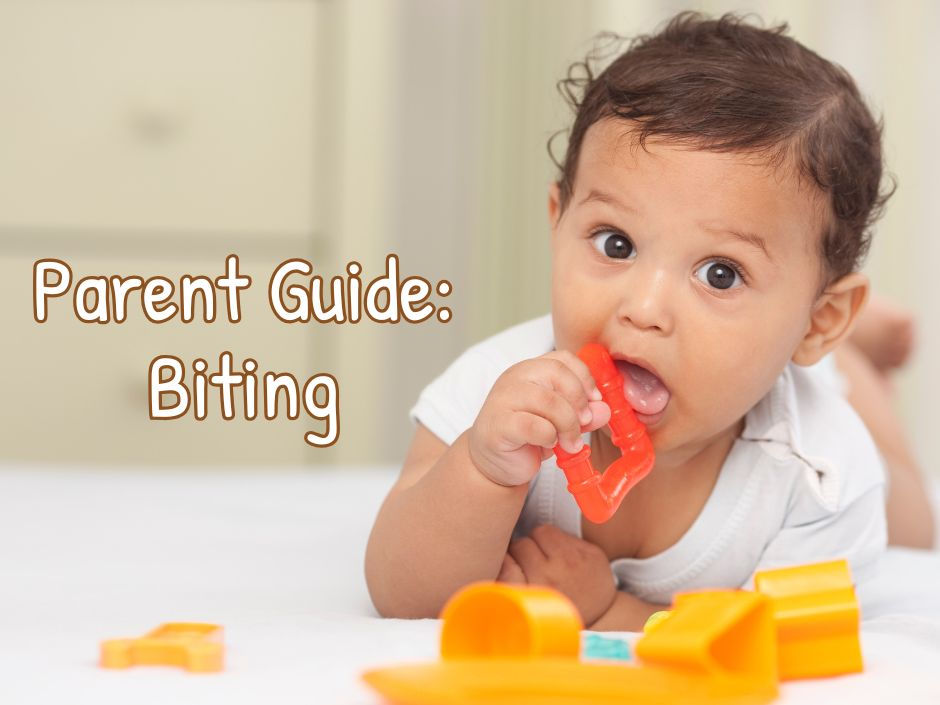How Outdoor Play Supports Development
- emilias918
- May 1, 2025
- 2 min read

At The Butterfly Patch, we believe that outdoor play isn’t just fun — it’s essential for healthy development. Every puddle jumped, tree climbed, and bug discovered helps to build the foundation for vital cognitive, emotional, and physical skills that children will use for life.
In our blog we will explore how outdoor play supports development, what you can do at home to support this and more!
Here’s why getting outside is one of the best things you can do for your child’s development:
Outdoor Play Boosts Problem-Solving and Critical Thinking
When children play outside, they’re constantly making decisions: How can I balance on this log? Which way should I build my den? What’s the best way to climb this tree?
These open-ended challenges encourage problem-solving, risk assessment, and creative thinking — key skills that help wire the brain for future learning.
Nature Stimulates the Senses
Outdoor environments are rich with sensory experiences. Feeling the texture of bark, hearing birds singing, spotting different shades of green — all these sensations help children’s brains form strong connections.
Sensory play is especially important in the early years when young brains are building the foundations for language, memory, and emotional regulation.

Physical Movement Builds Stronger Brain Connections
Running, jumping, climbing, and balancing aren’t just good for the body — they’re crucial for the brain too.
Movement helps develop the vestibular system (balance and spatial awareness) and the proprioceptive system (understanding body position). These systems are essential for everyday tasks like sitting still, writing, and focusing.
Outdoor Play Enhances Emotional Wellbeing
Time spent outside has been proven to reduce stress and boost mood, even in very young children. Playing in nature helps regulate emotions, encourages mindfulness, and nurtures a sense of calm.
Children who feel emotionally secure are better able to focus, learn, and form positive relationships.

Unstructured Play Encourages Independence and Confidence
Unlike adult-led indoor activities, outdoor play often invites children to make their own choices. This freedom to explore, invent, and problem-solve builds independence and self-esteem.
Confident, self-assured children are more willing to try new things and tackle challenges — all important for developing a resilience.
How We Champion Outdoor Learning at The Butterfly Patch
Across all our nurseries outdoor play is at the heart of our daily rhythm. Children at The Butterfly Patch explore gardens, parks, and natural spaces every day.
We encourage real adventures: making mud pies, climbing, splashing, bug hunting, and building shelters. These experiences are not only joyful but help lay the foundations for a lifetime of learning.

Tips for Supporting Outdoor Play at Home
You don’t need fancy equipment to reap the benefits of outdoor play! Try these activities at home:
Nature treasure hunts — Look for leaves, sticks, feathers, and stones.
Obstacle courses — Use garden furniture, logs, or even chalk to create challenges.
Bug hunts — Search under logs and leaves to discover tiny creatures.
Land art — Create pictures from twigs, petals, and stones.
Puddle jumping — Simply pop on some wellies and splash away!
A little time outside every day can make a big difference.




Outdoor play isn't just about fresh air—it’s a crucial builder of strength, creativity, and social skills. I transformed part of my garden into a play zone with stepping logs, tunnels, and even a mini chalkboard wall, and was amazed at how it encouraged problem-solving and imagination. Kids who engage in open-ended outdoor play show stronger balance, confidence, and emotional flexibility. If you're planning your own child-friendly yard or patio, check out https://goodevas.uk/collections/childrens-furniture-montessori for durable outdoor furniture and ideas that match both safety and fun. Blend that with children’s furniture goods like waterproof seating, storage benches for toys, and sensory tables that help extend learning and joy into the great outdoors.